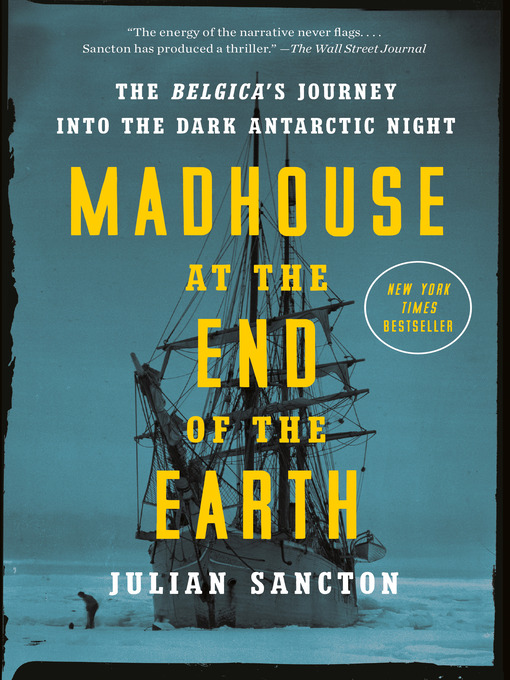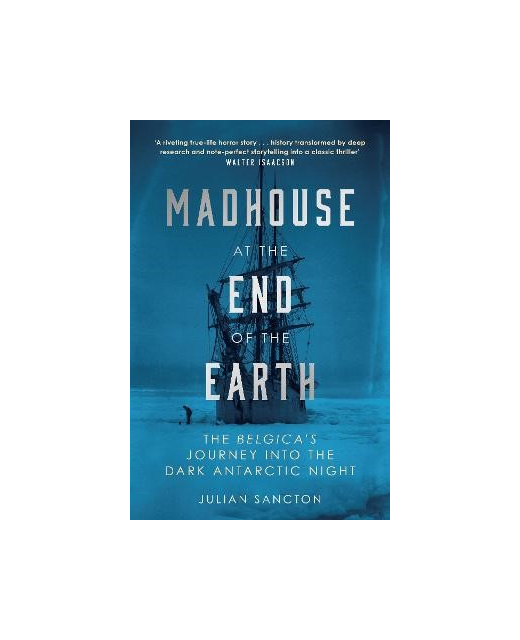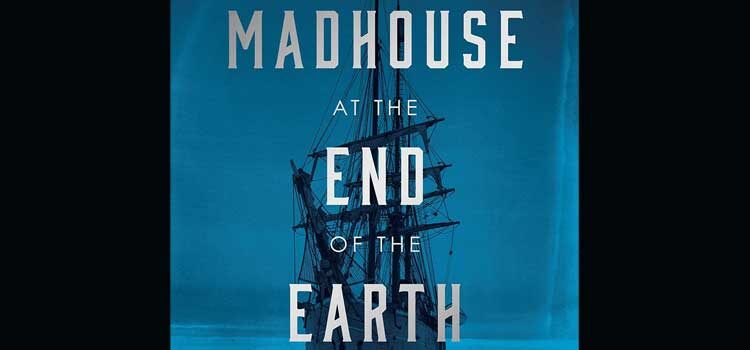


Obtaining the images often took hours and involved a lot of guesswork regarding lighting, exposure and the chemical process of developing images on photographic plates. In the late 19th century, photography was still an arduous and difficult process.

It wasn’t until years later that the theories of Captain de Gerlache’s persistent, life-long physical and mental disability were posited. As the crew began to recover, just one member remained stubbornly sick - the Captain - and here is where the toxicology lesson comes in. Cook’s remarkable talents as a physician. I don’t want to give away too much of the story, but most physicians will be in awe of Dr. A mysterious illness laid the crew and it’s captain low and the ship’s doctor, Frederick Cook - part brilliant physician, part con-man - applied endlessly ingenious and inventive and creative ways to decipher the diagnostic clues of the enigmatic disease that was killing the crew until he reasoned out the diagnosis and the stunningly daring and fantastically clever treatment. Because of a series of questionable command decisions, the BELGICA became hopelessly trapped in Antarctic pack ice and the crew were the first to be forced to spend the winter at the South Pole. The toxicology angle here is one of the more fascinating parts of the book. Why is this story not better known? I really don’t know but the author has written a fantastic, thrilling account of survival, courage, brilliant desperation, treachery and insanity. In a new book, published in May of this year, Julian Sancton tells the incredible story of an ill-fated Antarctic expedition led by a Belgian commandant, Adrien de Gerlache. I love this stuff, but I had never heard of the BELGICA and her heroic crew. The canons of polar exploration are filled with stories of tough and heroic adventurers - Peary and Scott and Franklin and Cook and Amundsen - I remember as a boy, literally holding my breath as I read the account of Shackleton’s incredible expedition aboard the Endurance in 1915.

It’s a story of polar exploration in the late 19th century, arguably the greatest era of reckless adventure in human history. This is the greatest adventure story that no-one has ever heard of.


 0 kommentar(er)
0 kommentar(er)
